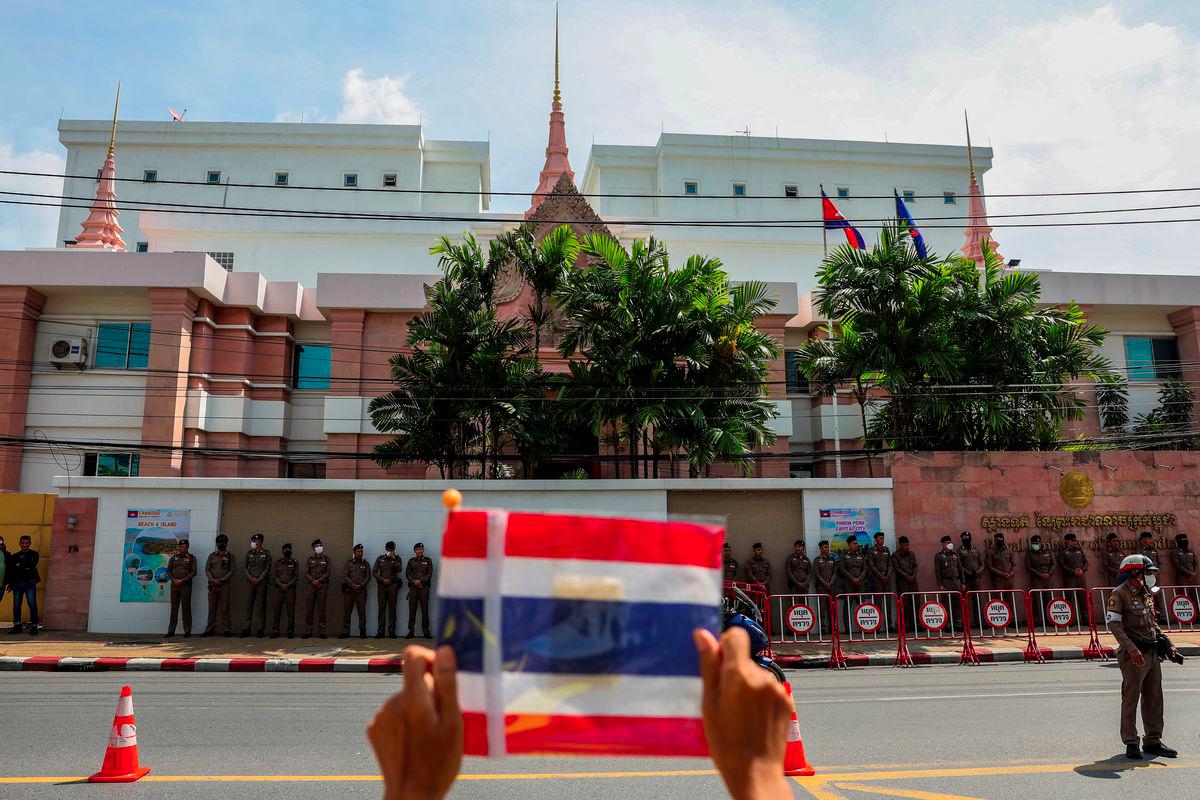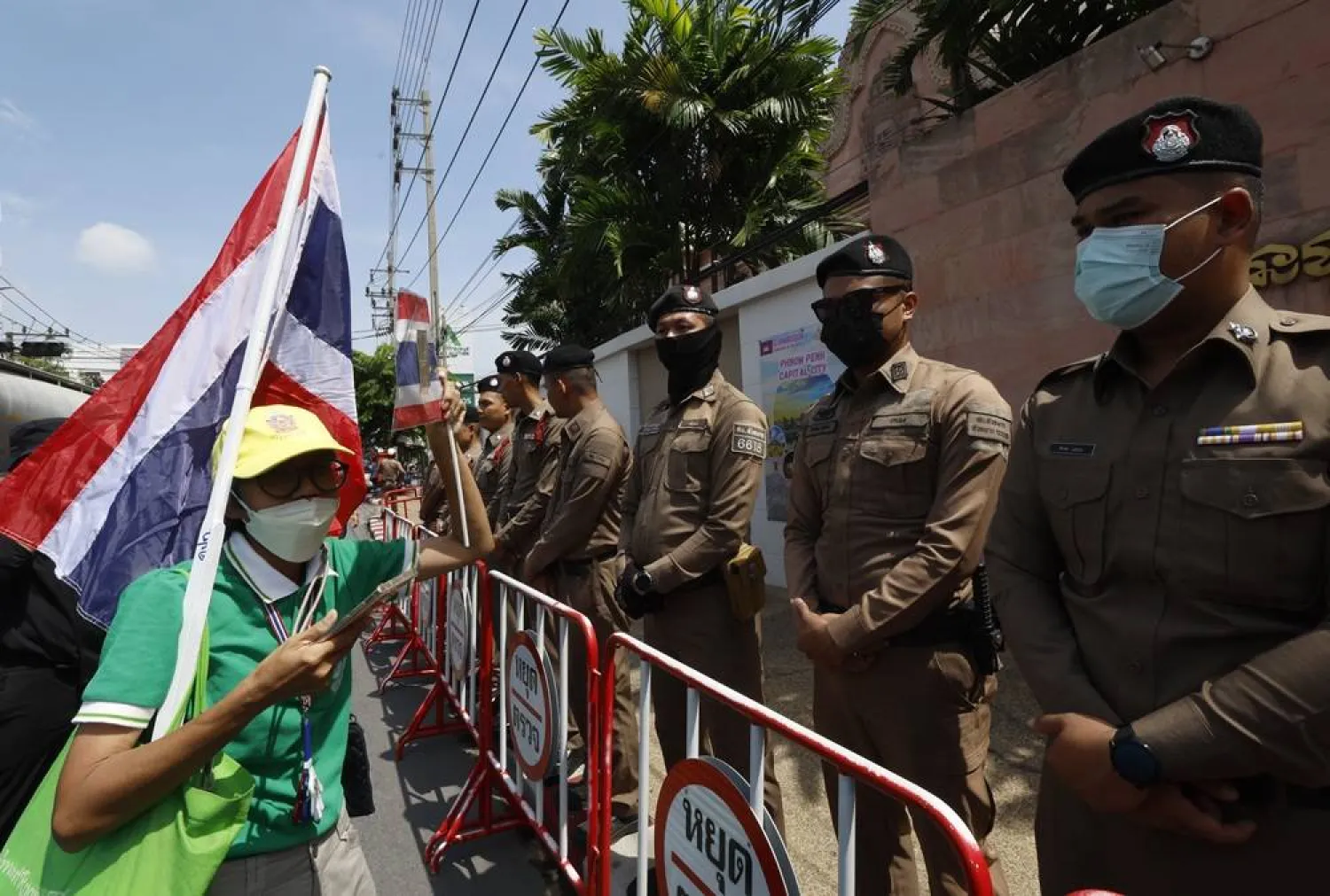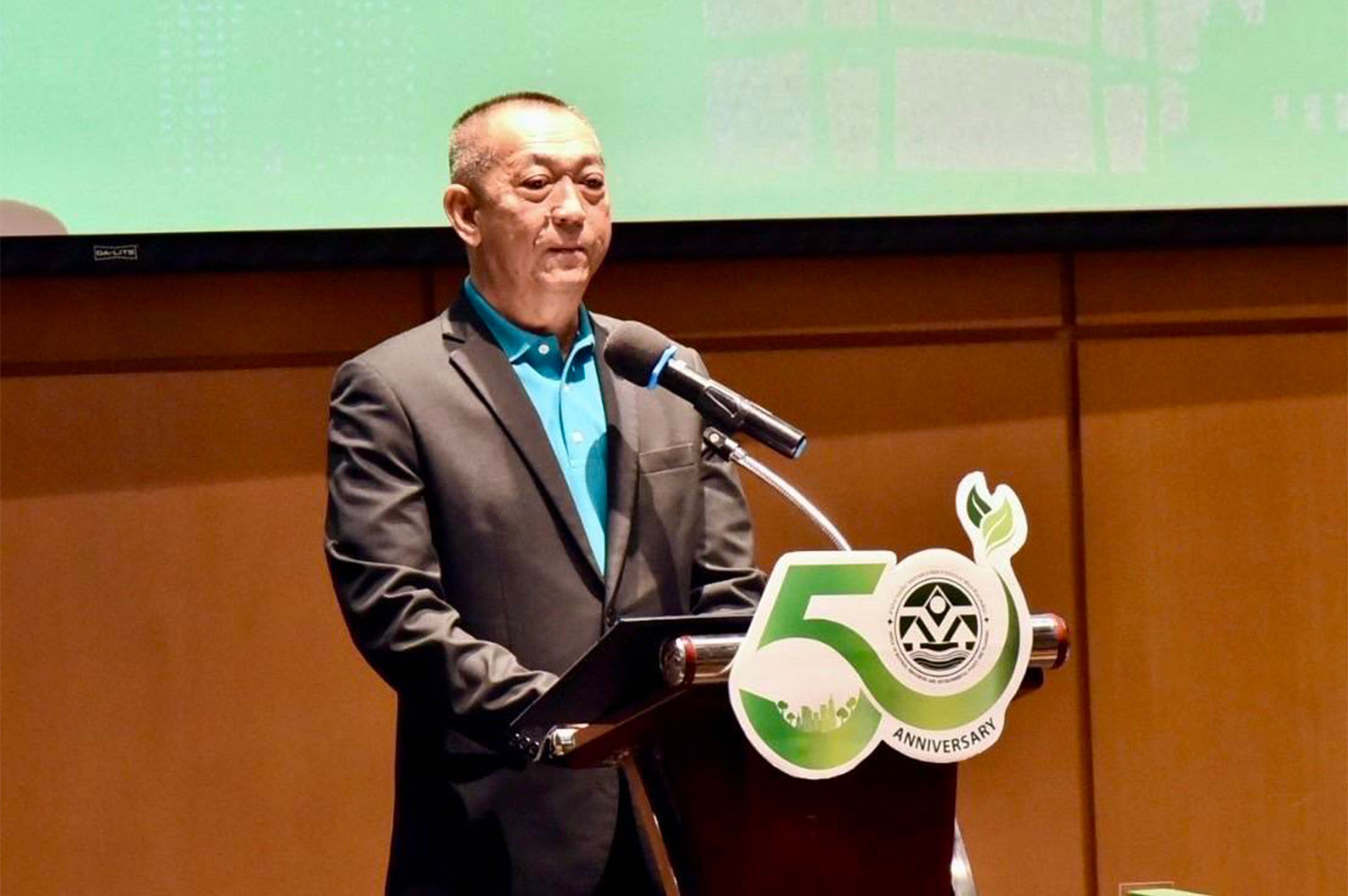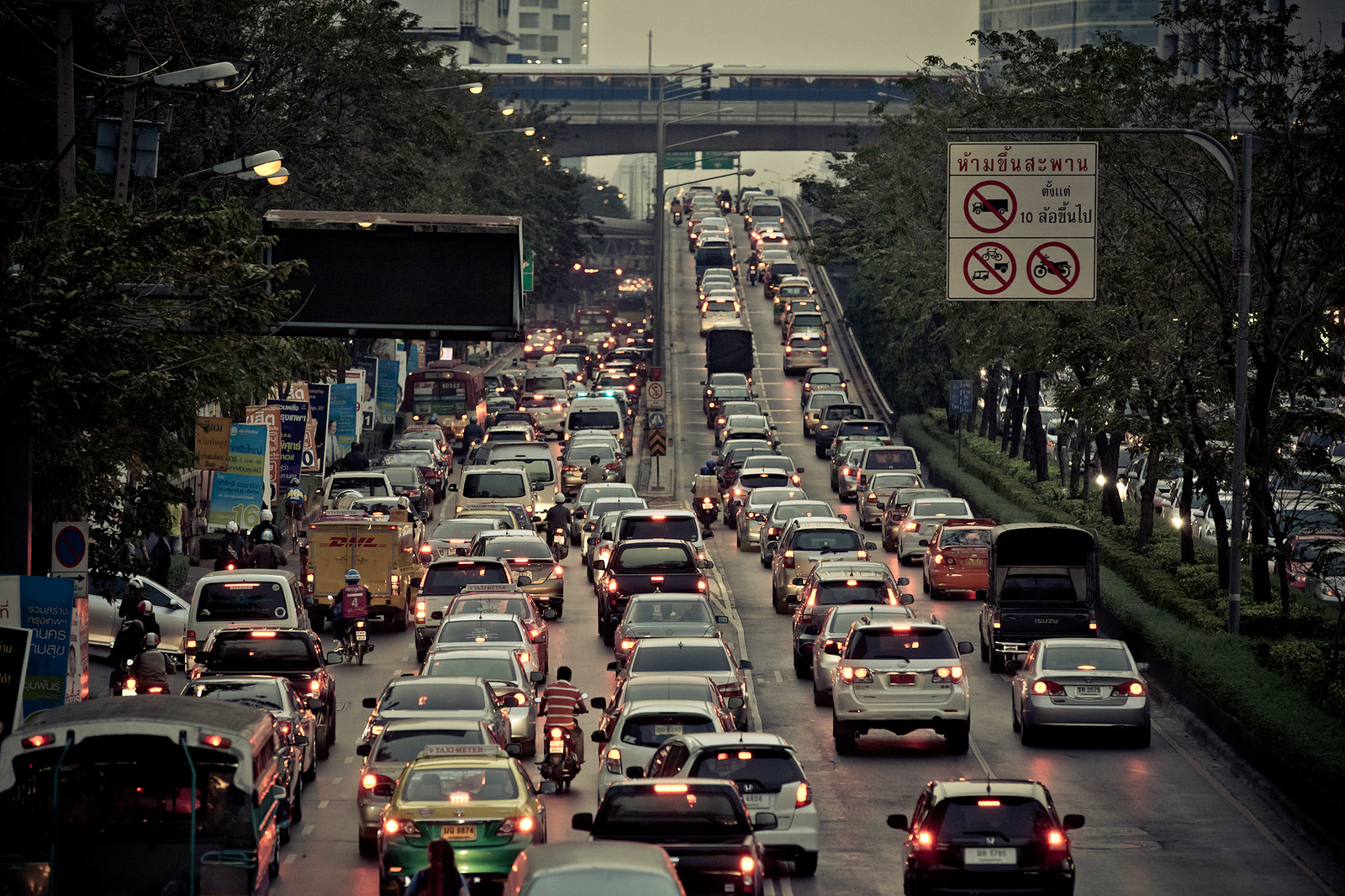Response to Deadly Clash on May 28
Thailand’s military announced on Saturday, June 7, 2025, that it will oversee the opening and closing of all border checkpoints with Cambodia, following a week of heightened tensions after a fatal skirmish. The move comes after a Cambodian soldier was killed on May 28 in an undemarcated area of Ubon Ratchathani, prompting both nations to exchange cautious statements aimed at dialogue, though the situation remains volatile.
Cambodia’s Military Buildup Sparks Action
Thailand Reinforces Defenses
Defence Minister Phumtham Wechayachai revealed that Cambodia has bolstered its military presence along the border, rejecting a Thai request to withdraw troops made during talks on Thursday in Sa Kaeo province. The Cambodian Defence Ministry insists its troops are stationed within its sovereign territory, but Phumtham, also deputy prime minister, lamented the rejection of peace proposals, leading Thailand to enhance its military stance in 2025.
Escalating Tensions and Provocations
Thai Army Cites Repeated Incursions
The Thai army reported that Cambodian soldiers and civilians have repeatedly crossed into Thai territory, interpreting this and the troop buildup as a potential threat of force. In response, Thailand has taken control of border checkpoints to safeguard its sovereignty, with Phumtham noting discrepancies in public information from the recent talks, underscoring the need for stronger defensive measures amid ongoing disputes.
Historical Border Conflict Resurfaces
Century-Old Dispute Intensifies
The 817-kilometer border, mapped by France in 1907 during Cambodia’s colonial era, has long been a source of contention with undemarcated zones fueling disputes. Cambodia’s recent move to involve the International Court of Justice (ICJ) over four border areas was met with Thailand’s firm rejection, as Phumtham reaffirmed the country’s stance against ICJ jurisdiction, favoring bilateral talks instead.
Government’s Unified Stance
Commitment to Sovereignty and Peace
Phumtham, in alignment with Prime Minister Paetongtarn Shinawatra, outlined Thailand’s resolute position: no tolerance for sovereignty violations, full military support, and a rejection of ICJ oversight since 1960, relying on the 2000 MOU and Joint Boundary Committee (JBC) for resolution. The government urges both sides to return to 2024 positions to de-escalate, prioritizing the safety of border residents and personnel in 2025.








